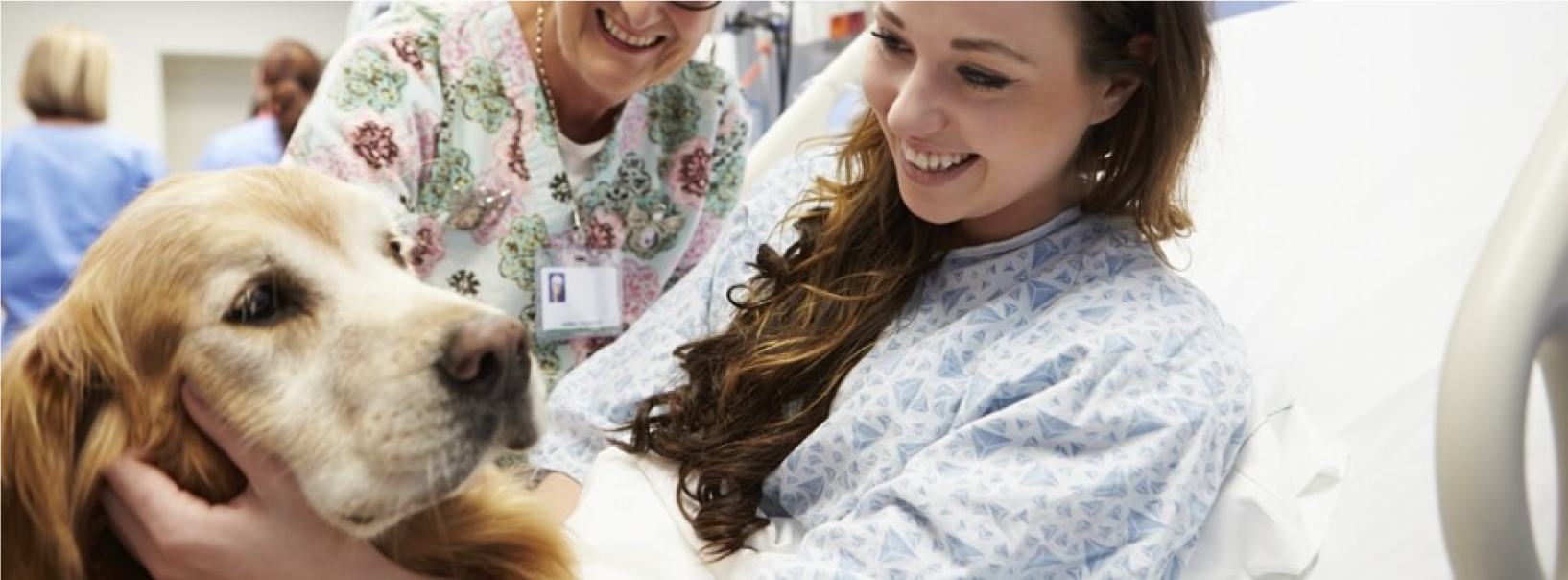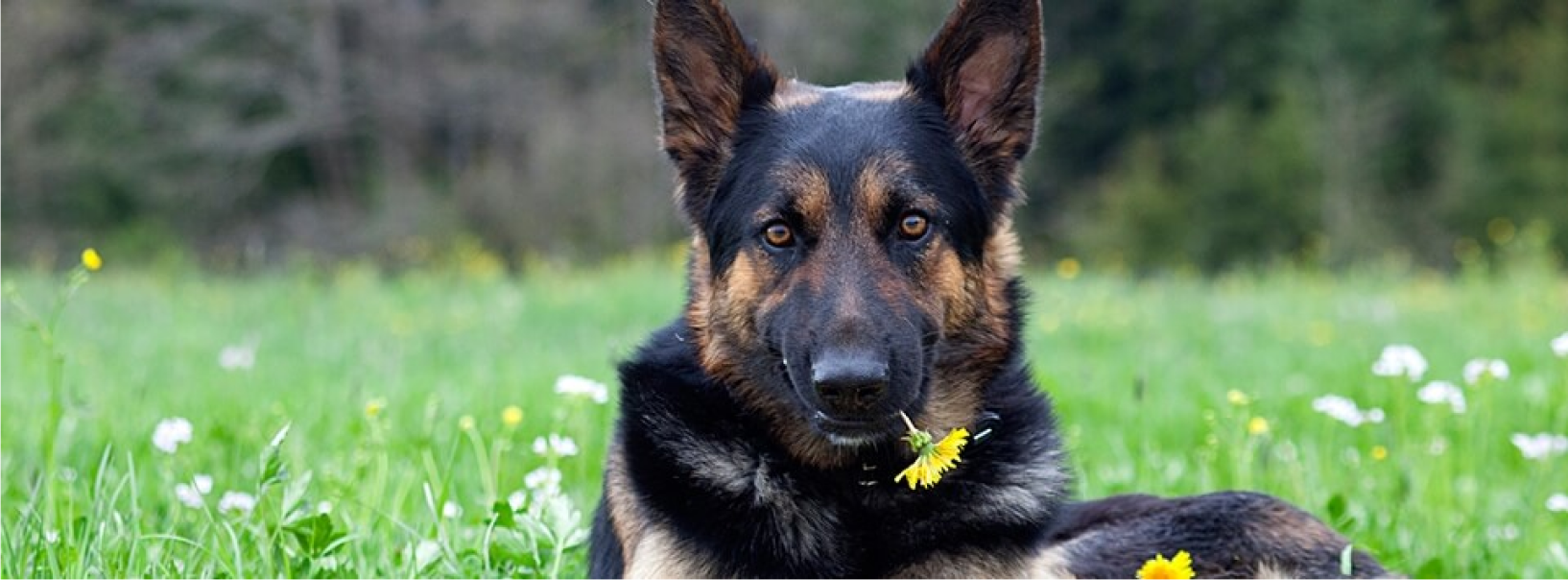Last Updated: 07/05/2025
Can Dogs Detect Cancer?
Interested in knowing more about cancer detecting dogs? Read more about the science behind the dogs amazing nose.
Author: Dr Teagan Lever BVSc (Hons)
Reading Time: 2 minutes - short read

Jessica Varley
Owner of a small Chihuahua army and lover of all things pets; when Jess isn't managing her pup Nacho's instagram you can find her writing about all the awesome new products on the Pet Circle website!
TAG
Scancer detection, dog skill, working dogs

Wet dog foods vs dry dog foods - which is the best?
Man's best friend and also our buddy in mankind's ongoing battle with cancer. We've always known that dogs are magnificent creatures and now we can add cancer detection to their ever growing capabilities.
As it turns out, cancer has a unique smell. Some metabolic disorders are already known to affect a person's odour due to the disorder changing the way their body metabolises. For example, untreated diabetics can smell faintly like nail polish remover due to the body's inability to gain energy from sugar, it has to burn fat supplies instead. Another condition is a hereditary disease known as MSUD (Maple Syrup Urine Disease) which prevents the body from breaking down amino acids causing a unique urine aroma similar to, you guessed it, maple syrup.
Cancer is a little different however as it does not affect the metabolism like these two disorders; rather cancer affects the individual cell's metabolism. This in turn gives off it's own unique cancer eau de parfum which is imperceptible to the human nose but recently found to be identifiable by the more sensitive canine senses.
Dr Claire Guest, an advocate for cancer detecting dogs has experienced first hand the benefit of our exceptionally gifted canine counterparts. Guest's own labrador, Daisy is one of the dogs trained to pick up the unique scent of cancer. One day, the usually mild-mannered Daisy refused to get in the car and kept prodding Guest on the chest with her paw. Upon closer inspection, Guest found there was a bruised part on her breast that was identified as being a top layer benign growth with a malignant tumor hidden deeper beneath. Without this early diagnosis, Guest's prognosis would have been poor and treatment much more severe.
How do they do it?

It's no surprise that dogs have a more advanced sense of smell to humans. We've been utilising this skill for thousands of years; from hunting animals and tracking game to sniffing out gunpowder or illegal substances in airports; and now, to help us in the fight against cancer.
The average human has 5 million sensors in their nose while dogs are found to have around 300 million. On top of this, dogs also have a unique addition in their nose called the Jacobson's Organ which is not present in humans. Teamed with their 300 million sensors, it makes their noses superior to even some of the cancer identifying machines we have available.
How accurate is the cancer scent detection?

In 2014, Dr Granluigi Taverna led an experiment to test the accuracy of prostate cancer detection with two German Shepherd dogs. The dogs were presented with 677 urine samples, 320 of which were provided from patients with prostate cancer and the other 357 were control samples from healthy, cancer-free patients.
The two German Shepherds were able to accurately detect cancer in 99% of the samples of patients affected by prostate cancer. They were also able to identify which of the sample group were cancer-free 97% of the time.
This study and those similar have led to advances in human technology using mechanical "noses" to noninvasively sniff out cancer from patients. So if you ever notice your pooch intently sniffing one particular spot on your skin, it might be worth getting to the doc's office.